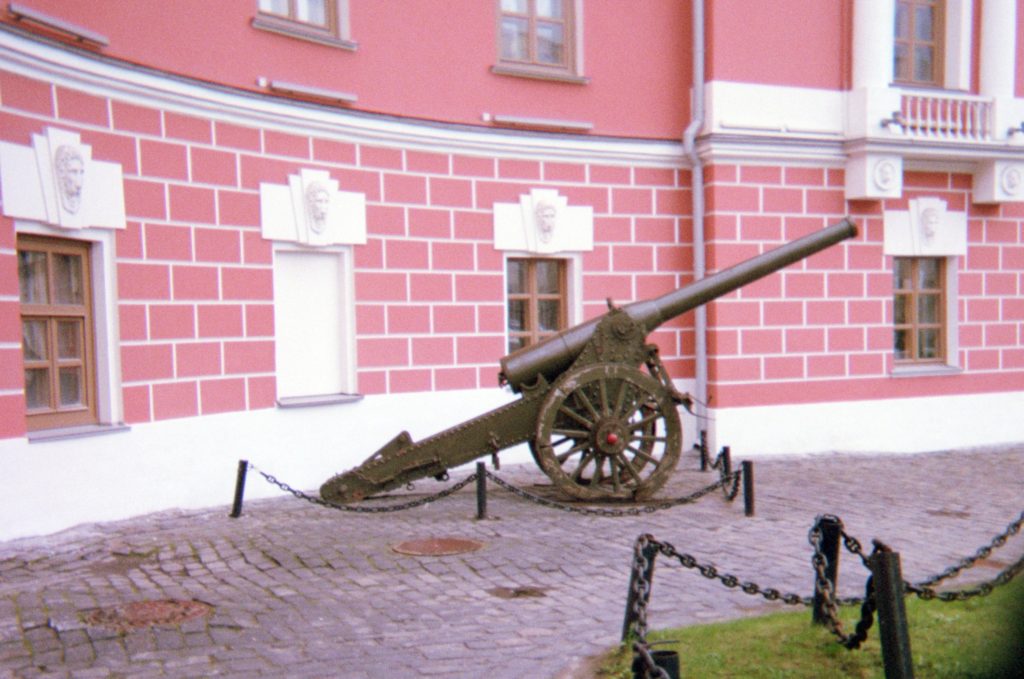
By Gordon Hahn, Russian and Eurasian Politics Blog, 5/30/22
The Russo-Ukrainian is bound to place political pressure on the Russian regime’s internal solidarity as well as state-societal solidarity but only over the long-term and only in conditions of failure in the war. Russian political culture highly values the country’s national political solidarity, and any decay in solidarity is likely to be a long-term prospect even in war time, given the extent to which Russian President Vladimir Putin has succeeded in restoring Russia’s traditional cultural and authoritarian-induced solidarity after the divisions incurred during the Soviet collapse and extending throughout the 1990s. There are three potential fissures along which Russian solidarity or unity can be undermined: (1) between hardliners and the Putinist balance between hardline siloviki and regime liberal economic and financial officials; (2) the defection of regime liberals from the regime; and (3) the rise of a societal opposition that rejects the war in Ukraine or its outcome and extends its dissent to the nature of the political.
The war was bound to consolidate Russian state and society around Putin for some period of time, likely of significant duration. Russian political and strategic culture is dominated by strains — comprising a security vigilance culture — that incline Russia towards hyper-vigilance against both domestic and foreign threats, especially those emanating from the West, as I tried to demonstrate in my most recent book, The Russian Dilemma. There are periods when Russian recessive strains of Westernization and liberalization temporarily predominate, such as under Tsar Alexander II, during the Romanov dynasty’s decay under Nicholas II, and during the Soviet demise and aftermath from 1987 to 2003. This security vigilance culture is not the product of Russian ‘paranoia’, though there is some of that; rather its is a product of centuries of political interference, military invasion, and other forms of unwanted Western intervention in Russia’s domestic affairs and against its national security interests. This is the perceptual-historical prism through which NATO expansion and Western meddling in Russian and Ukrainian politics produced Putin’s ‘special military operation,’ and it is the perceptual prism through which Russians will view the war for some time to come. NATO expansion and Western meddling in Russian and Ukrainian politics also brought a re-authoritarianization, which accompanies periods of the security vigilance culture’s ascendance. Putin strengthened that culture’s dominance by way of an effective authoritarian hegemony — not monopoly — over media, art, and science. The result is the return of Russia’s traditional but not always dominant security vigilance culture along the lines seen under Nicholas I and Alexander III, not the Soviet totalitarian hyper-vigilance culture. This culture rejects societal divisions and seeks to enforce national solidarity. Therefore, any rifts that could result from the present war –either through military failure or excessive costs for the economy — will have to be long in the making and occur within a context of deep crisis at the front or at home.
Read full post here.
thanks NB another Amerikan not lost in the great propaganda machine of Amerika.
I am normally skeptical of Russia experts who pepper their prose with Russian words, but this author certainly seems to know whereof he speaks. I followed the link and read the full article at the author’s site. It was worth the effort.